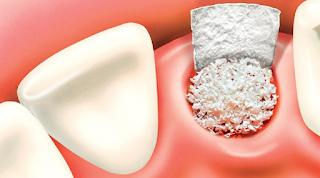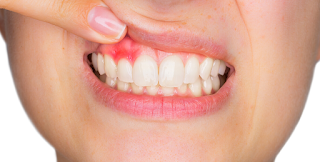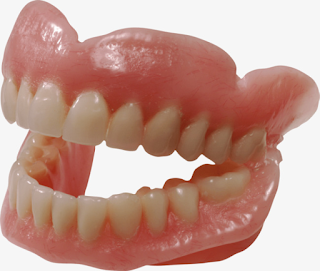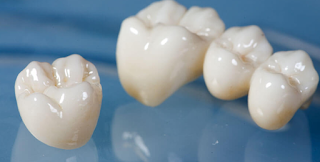Bone Graft, Sinus Lifts & More

Why Do We Need Additional Surgeries Before Dental Implants? The biggest challenge in placing dental implants is finding enough bone to support the implants. Placing dental implants is not always as straightforward as one would like. The biggest challenge with placing dental implants is finding sufficient bone to support the implants. If there isn’t enough bone to support your dental implants, then adjunct bone augmentation surgeries are required to restore your bone prior to placing implants. The exact treatment required depends on where the implants are being placed and how much existing bone you have within that region. Here are some examples of common surgeries performed in conjunction with dental implant placement: Bone Graft Bone graft is the most common treatment used in conjunction with dental implant placement. Function of bone graft is to help fill in voids to allow your own bone to properly grow and lock the dental implants in place. Often times, bone graft is...






